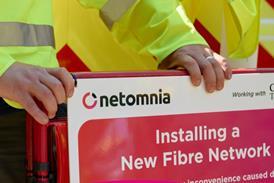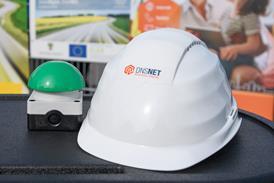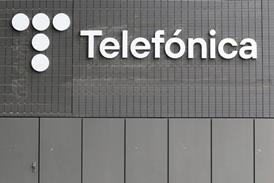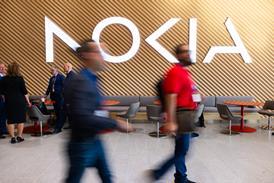- Telcos
- Network & IT
- Infra
- People
- Finance & Strategy
- Events
- Regions
- Thought Leadership
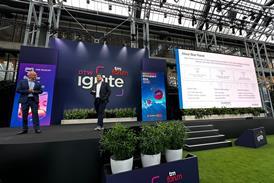 Moving fast to fix things: how AI-driven network assurance is reshaping global telecoms
Moving fast to fix things: how AI-driven network assurance is reshaping global telecoms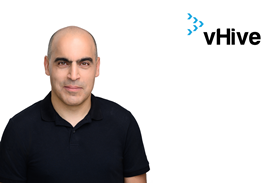 Closing the reality gap: vHive now validating mobile towers in real-time, on-site
Closing the reality gap: vHive now validating mobile towers in real-time, on-site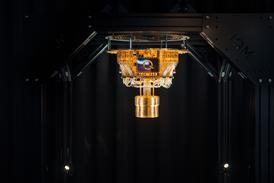 IQM sees more telco quantum opportunities in wake of Telefónica-CESGA deal in Spain
IQM sees more telco quantum opportunities in wake of Telefónica-CESGA deal in Spain Celfocus data chief: telcos must balance optimism with pragmatism to power up AI
Celfocus data chief: telcos must balance optimism with pragmatism to power up AI
- Premium
- TelcoX EMEA Leadership & Performance Study
Close menu
- Home
- Telcos
- Network & IT
- Infra
- People
- Finance & Strategy
- Events
- Regions
- Thought Leadership
- Premium
- TelcoX EMEA Leadership & Performance Study
Elsewhere in Germany: 5G campus network expansion
Deutsche Telekomwatch2022-11-19T12:19:00

Source: Unsplash / Bence Balla Schott
5G campus network expansion
This is TelcoTitans Professional Subscription content. Subscribe now.
Already a subscriber? Sign in here, or contact us to check if your company has access.
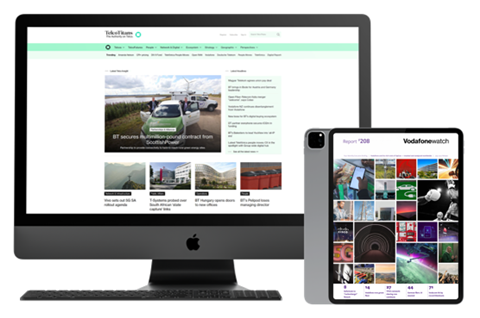
Become a TelcoTitans Professional Subscriber
Read this article and get full access to all TelcoTitans premium telco and digital infra content by subscribing today.
TelcoTitans Professional subscriptions include:
- Full access to all TelcoTitans online news, insight and analysis, including Professional-only and deep-dive content on leading tier-1 telcos
- Professional-only premium weekly CSP briefings and newsletters
- Industry-leading insight and analysis that you simply cannot get anywhere else
“Super intelligence, consistently high quality, compact and easy to digest” – Deloitte.





